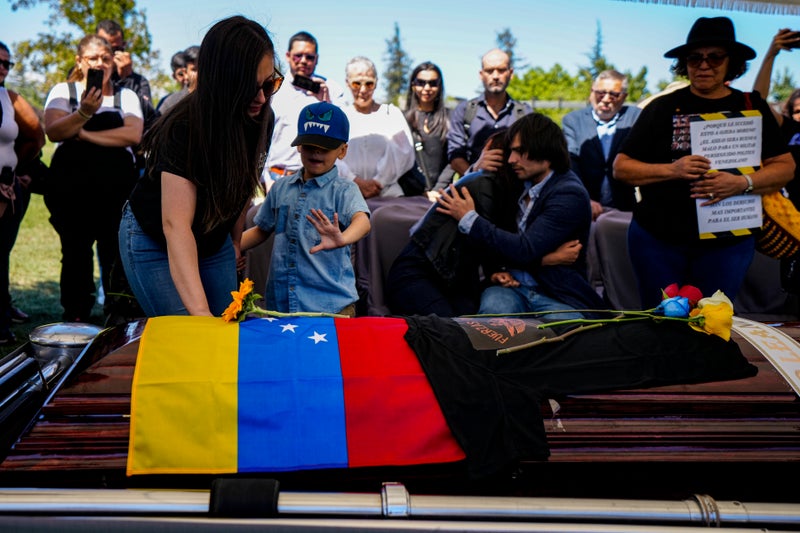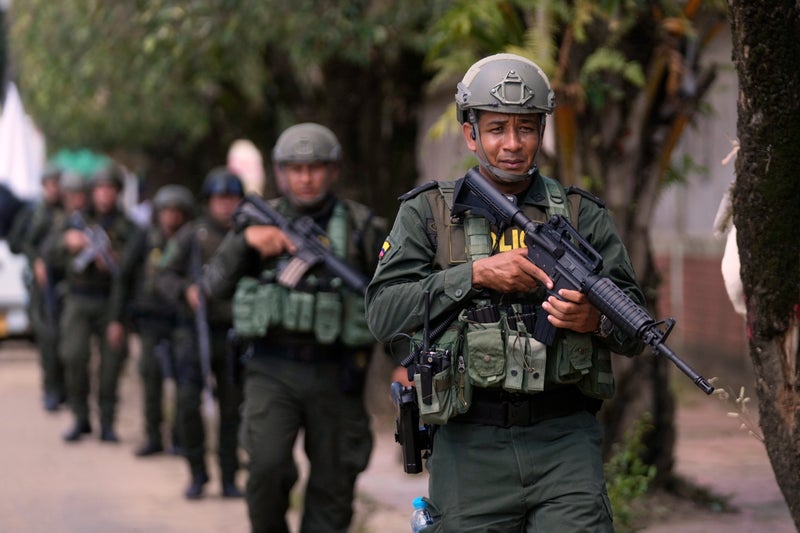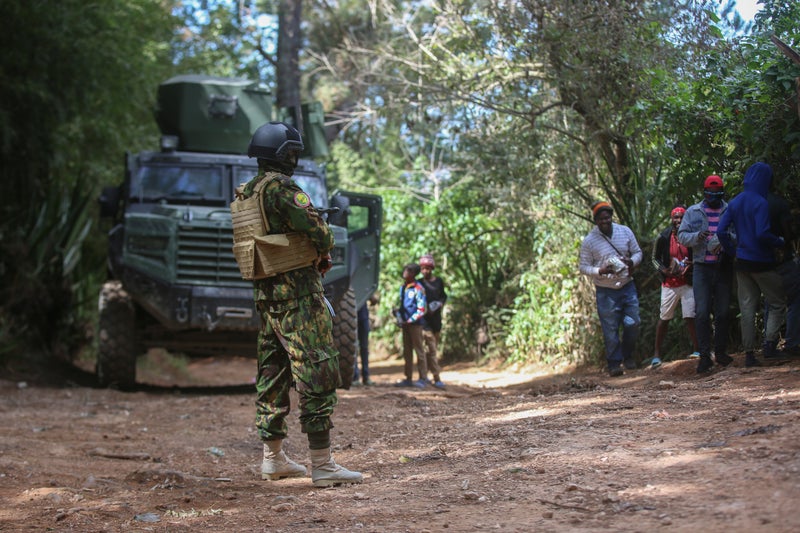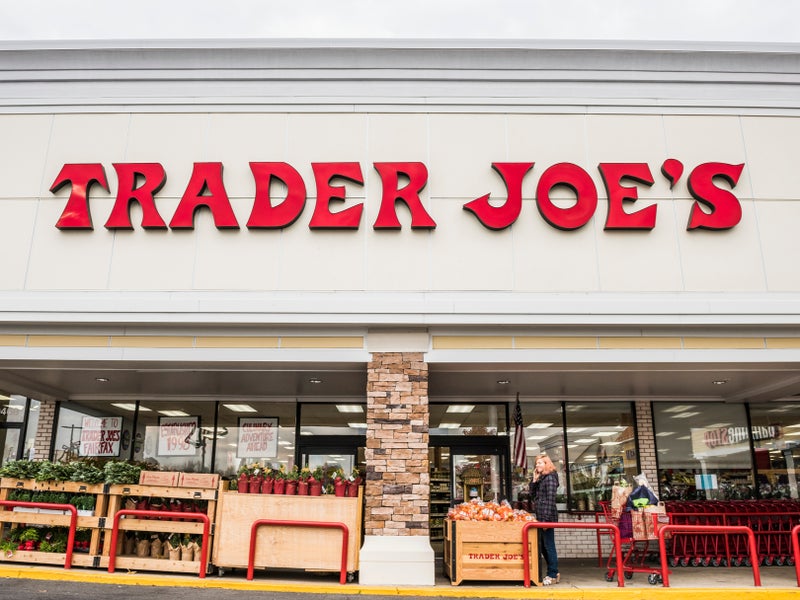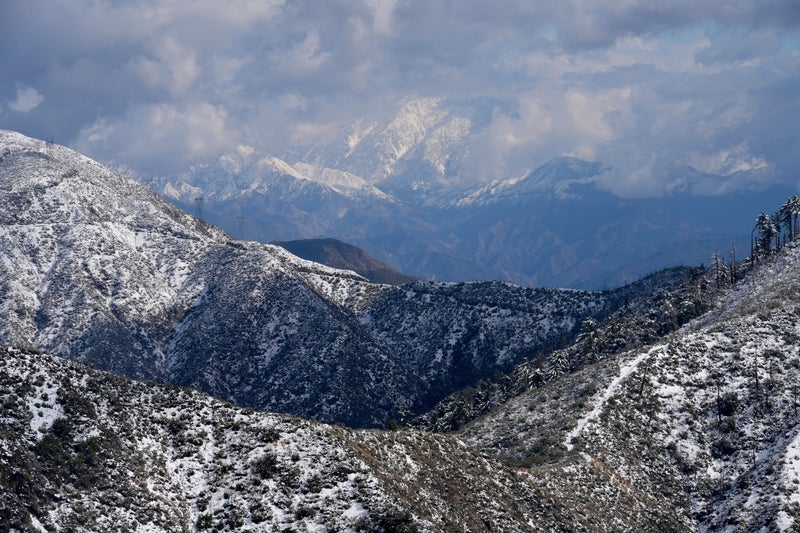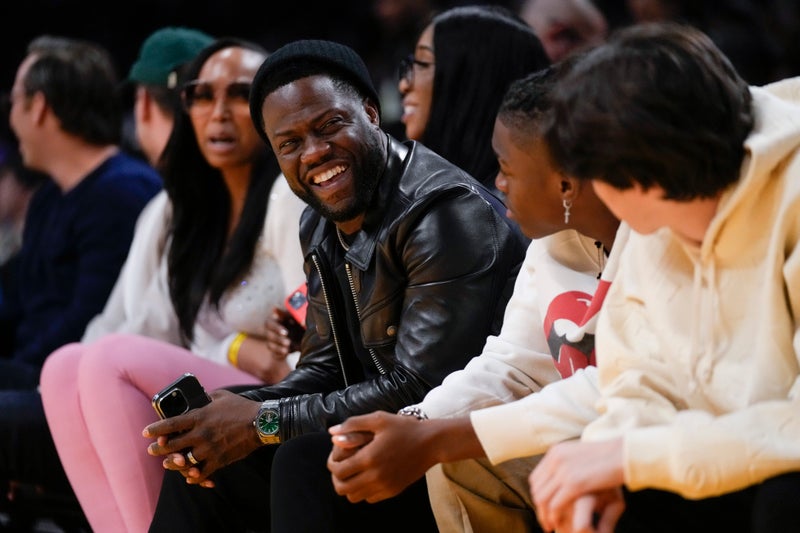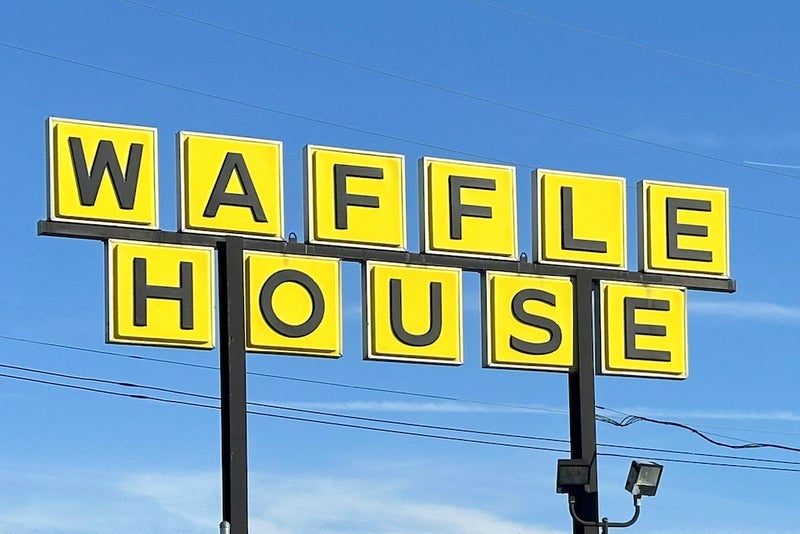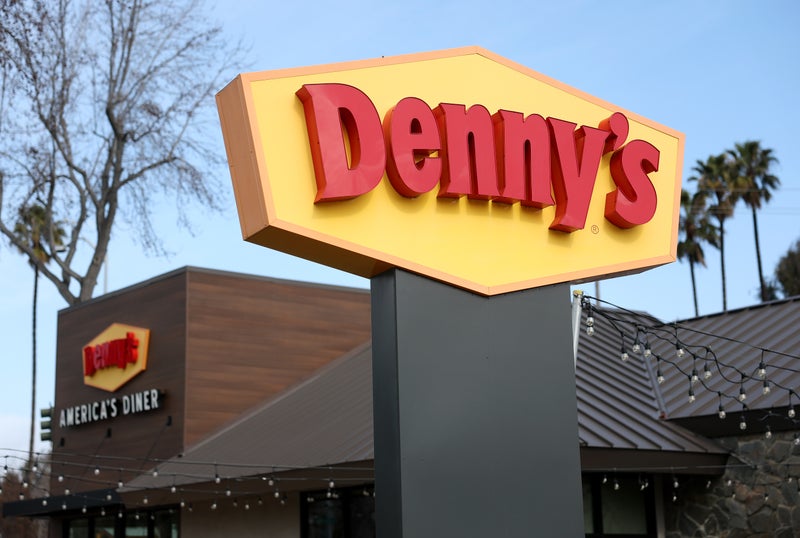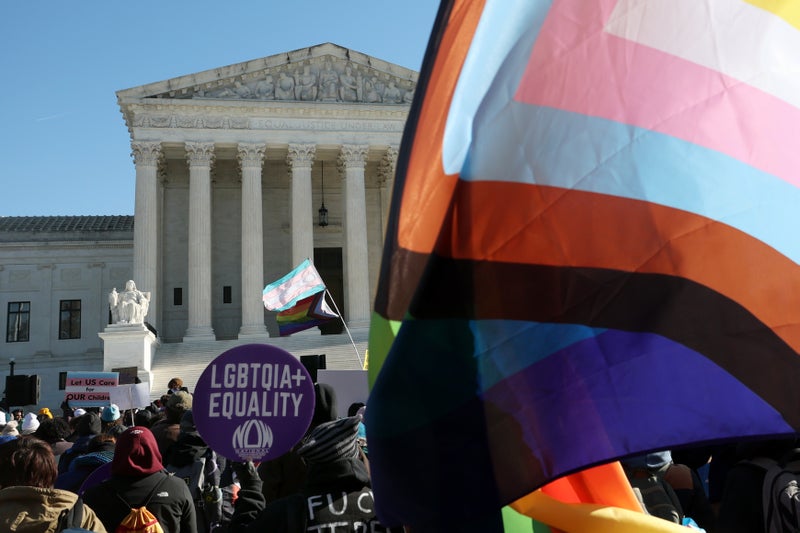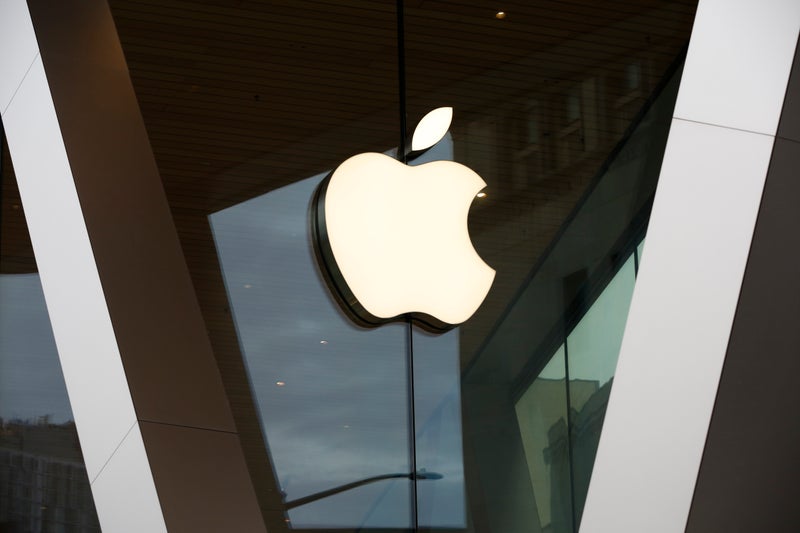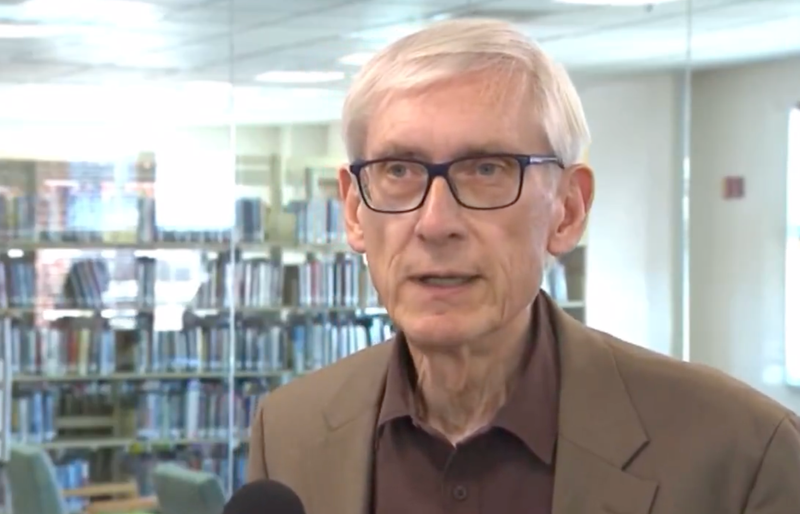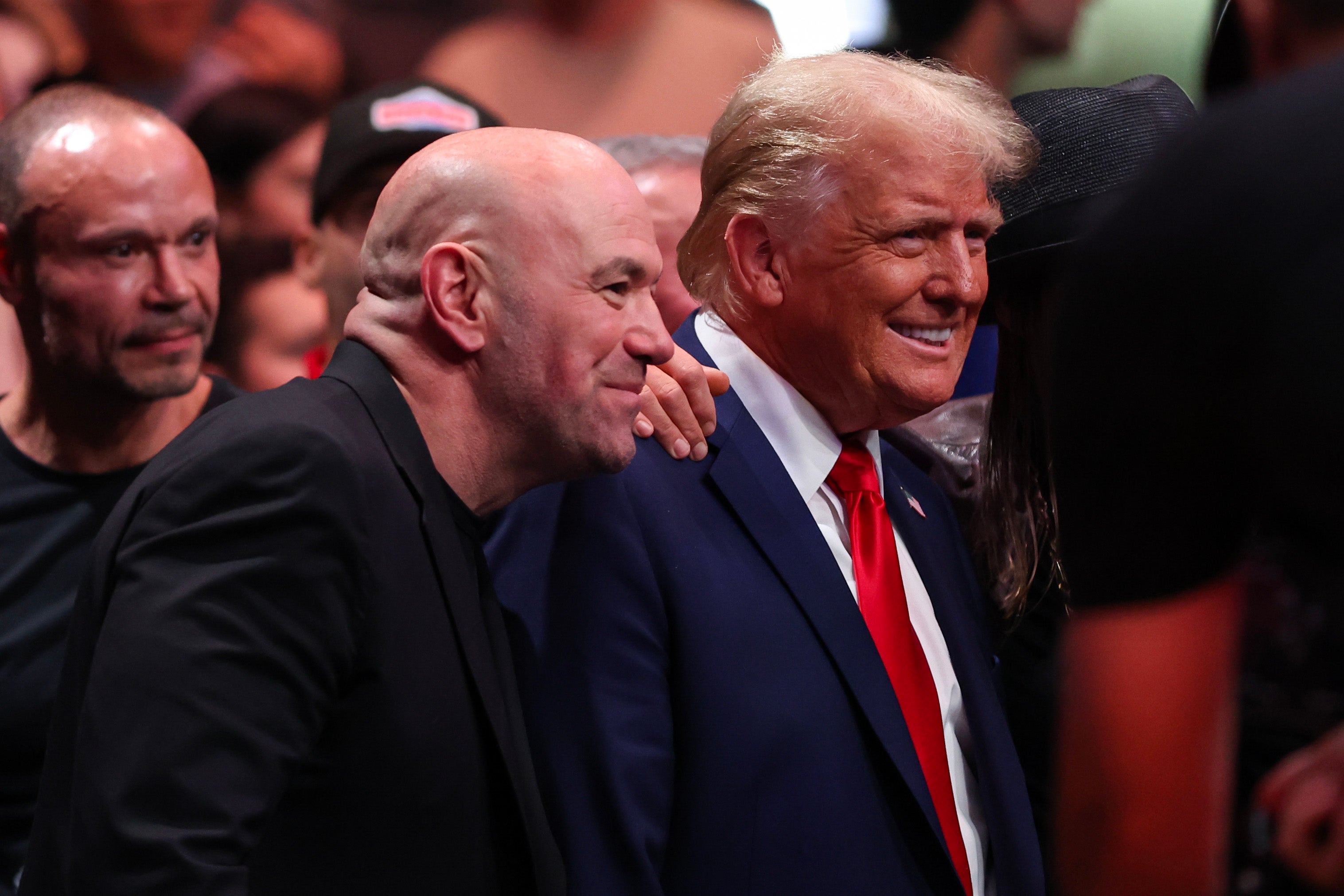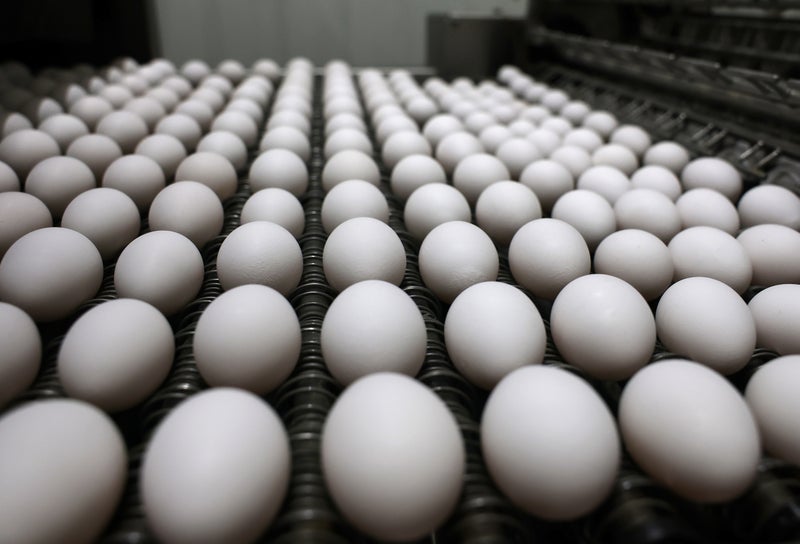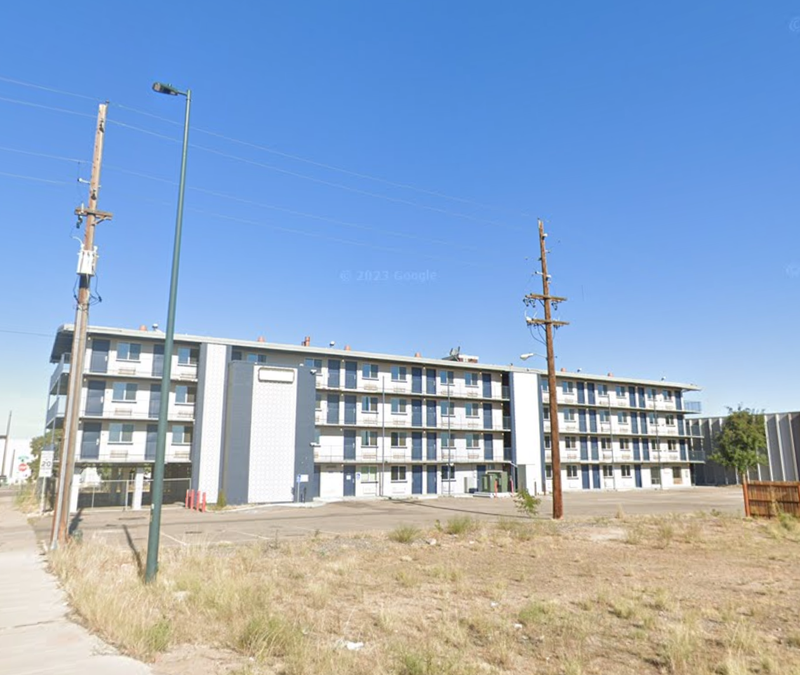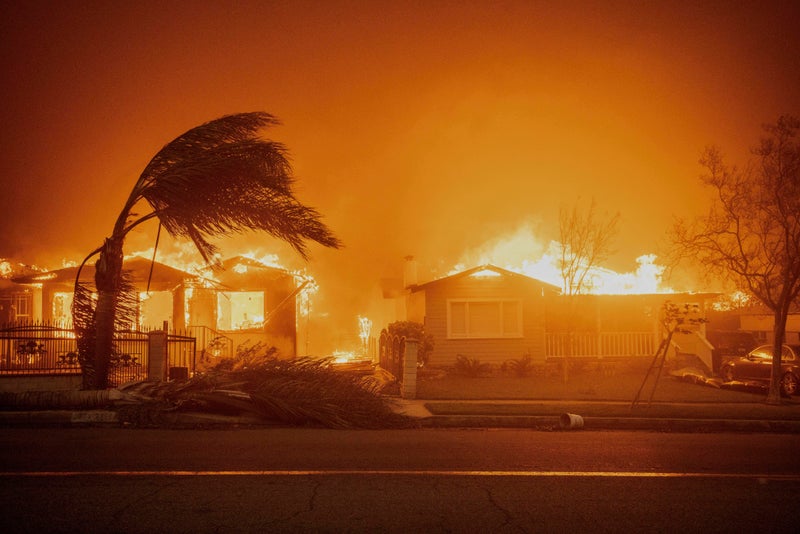Maduro’s government and criminal gangs is under increased scrutiny, writes Rebecca Hanson. The body of former Venezuelan army officer Ronald Ojeda was found on Feb. 19, 2024, in a suitcase buried under 5 feet of concrete. Ojeda, accused by Venezuela of plotting against the government, had gone missing nine days earlier, when men dressed as police broke into his apartment in the Chilean capital of Santiago and dragged him away.
![[CHILE-TREN DE ARAGUA]](https://static.independent.co.uk/2025/01/22/14/CHILE-TREN_DE_ARAGUA_63930.jpg)
Following a yearlong investigation, authorities in Chile have now pointed the finger at the Venezuelan gang Tren de Aragua, claiming members carried out the assassination at the behest of that country’s president, Nicolás Maduro. It comes as the relationship between Maduro’s government and criminal gangs is under increased scrutiny, both among regional governments in Latin America and in the United States.
![[Venezuela's President Nicolas Maduro acknowledges supporters during an event marking the anniversary of the 1992 failed coup led by the late President Hugo Chavez, in Caracas, Venezuela, Feb. 4, 2025]](https://static.independent.co.uk/2025/02/10/23/Venezuela_Deportations_23895.jpg)
Conservative media outlets in the U.S. and right-leaning groups such as the Heritage Foundation have accused Maduro of sending gang members into the U.S. to destabilize the country. President Donald Trump has even suggested that Maduro successfully reduced crime by exporting gang members to the U.S. “Crime is down in Venezuela by 67% because they’re taking their gangs and their criminals and depositing them very nicely into the United States,” he told supporters in April 2024.
![[Venezuelan President Nicolas Maduro talks to high-ranking officers during a military ceremony]](https://static.independent.co.uk/2025/01/17/05/Pictures_of_the_Week_Latin_America_and_Caribbean_Photo_Gallery_84701.jpg)
According to data from the Venezuelan Ministry of Health, shared with me by scholar of Venezuelan politics Dorothy Kronick, homicide rates have indeed come down in recent years. And this trend is confirmed by the Venezuelan Observatory of Violence. The fall in homicide rates has coincided with Maduro successfully consolidating his authoritarian rule in Venezuela. And explanations of the drop in crime tend to imply that it is the result of the government co-opting and controlling gangs. Some observers have even referred to Venezuela as a “narcostate,” suggesting that drug trafficking in the country is an organized venture between top officials and criminal groups.
I have studied crime, violence and policing in Venezuela since 2011 and know that this narrative is at best oversimplistic, at worst outright mistruth. As I explore in my new book, “Policing the Revolution: The Transformation of Coercive Power and Venezuela’s Security Landscape During Chavismo,” the case of Venezuela is not one of government control over criminal groups. Rather, it is characterized by an unstable and volatile relationship between the government and multiple competing armed actors, including gangs and the police.
Falling homicide rates should not mask the fact that Venezuela is still plagued by violence. Since the mid-2000s it has been ranked as one of the most violent countries in the world. Former President Hugo Chávez was never able to get a handle on crime, particularly violent crime, which increased exponentially under his government. The trend continued during Maduro’s first years in office after Chávez’s death in 2013.
However, all available evidence suggests that Venezuela’s homicide rate has declined since reaching a peak in 2016 – by around 42%. But there’s no evidence this is because the government is “offshoring” criminals. Maduro’s own explanation for this decline portrays the government as handily controlling criminals by means of incredibly lethal police raids carried out between 2015 and 2019. In short, Maduro claims that the police have effectively “wiped out” criminal groups.
But rather than “wiping out” criminal organizations, the Maduro government has instead maintained volatile relationships with many armed groups, including gangs, nonstate paramilitary groups and even the country’s own police forces. These relationships have produced significant conflict and dysfunction within state institutions. This is clear when looking at institutions presumed to be synonymous with state control, such as the police.
Chávez’s and Maduro’s governments put more police and soldiers in the streets. They created security institutions, such as the Policía Nacional Bolivariana, or Bolivarian National Police. However, rapid growth of the security apparatus, amid competing approaches, has generated more conflict than coordination.
Police officers and police reformers I interviewed referred to state security policies and the changes they produced as akin to Frankenstein’s monster – an aberration rapidly outpacing the creator’s ability to control it. What they mean is the government had created new security institutions so quickly that it is unable to supervise and control them. As one former police officer and Chavista politician told me: “Our challenge now is how to manage the monster we created.”.
State policies have also generated significant distrust between the police and the government, and among different police forces. This distrust has even resulted in police forces coming to blows with each other in the streets on multiple occasions. On Feb. 19, 2020, a section of the Prados del Este highway in Caracas was shut down as officers from Venezuela’s National Police and the country’s investigative police brandished weapons, shoving, punching and wrestling each other to the ground.

